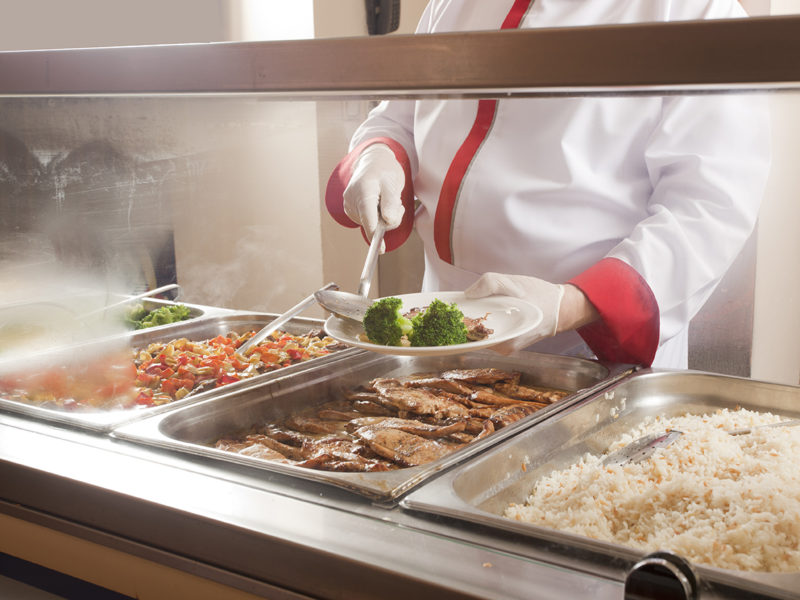Nine post-secondary institutions have signed on with the province’s FeedBC program, with a goal to increasing the use of BC food in campus kitchens to 30%.
Participating institutions include BCIT, Camosun College, Selkirk College, SFU, Thompson Rivers University, UBC, University of the Fraser Valley, University of Northern British Columbia and Vancouver Community College. The schools include the two largest universities in BC, and 62% of students enrolled at the 25 publicly funded post-secondary institutions.
“Partnering on Feed BC with post-secondary institutions will support the livelihoods of farmers, fishers and processors throughout BC,” said BC agriculture minister Lana Popham, who has championed the program throughout her time in government.
She tipped the expansion of the program to post-secondary institutions in her final announcement prior to last fall’s election, when she announced that a third health authority had signed on with FeedBC. In addition to the nine post-secondary schools, Fraser Health, Interior Health and Northern Health are taking steps to increase purchases of locally grown and processed foods.
The nine schools have pledged to spend 30% of their food and beverage budgets locally. However, some kitchens are already exceeding that amount. UBC, for example, spends 62% of its budget on local foods.
“We anticipate that we’re going to grow that number,” says Dave Speight, executive chef and culinary director with UBC. “It won’t change our program all that much.”
UBC hopes to help other schools boost local purchasing through its participation in Feed BC.
“We’re part of that program to support other universities to reach that 30%,” he says.
The participation of post-secondary institutions was made possible through a partnership with the BC Ministry of Advanced Education and Skills Training, highlighting the inter-ministry focus on agriculture under the new BC NDP government. The mandate letter Popham received also outlines partnerships with the BC Ministry of Education to expand Feed BC to primary and secondary schools as well as the BC Ministry of Social Development and Poverty Reduction to ensure local food products are available to low-income individuals and food distribution programs.


 Dairy picks new entrant short list
Dairy picks new entrant short list